Laneman to Receive IEEE Tomiyasu Award
July 10, 2017The Institute of Electrical and Electronics Engineers (IEEE) has named J. Nicholas Laneman, professor of electrical engineering at the University of Notre Dame, the recipient of the 2018 Kiyo Tomiyasu Award.
Presented annually to an individual [or team of no more than three], the Tomiyasu Award honors outstanding contributions toward “technologies holding the promise of innovative applications” made by researchers in early to mid-career. Laneman is being cited for his “contributions to wireless network communication theory, algorithms and architectures.” He will receive the award at the IEEE International Symposium on Information Theory (ISIT) in Vail, Colo., June 17-22, 2018.
Laneman, who also serves as co-director of Notre Dame’s Wireless Institute, joined the University in 2002. His research uses tools from information theory and signal processing, as well as prototyping and experimental validation, to develop new methods for communication system engineering, including cooperative communications, dynamic spectrum monitoring and access, cognitive radio, and information security.
In addition to his widely recognized early work on cooperative communications – pioneering new approaches for relaying in a wireless network to ameliorate the effects of signal fading – he has been distinguished as an ISI Highly Cited Researcher several times. He has also received the 2006 Presidential Early-Career Award for Scientists and Engineers, a 2006 NSF CAREER Award and a 2003 Oak Ridge Associated Universities Ralph E. Powe Junior Faculty Enhancement Award.
The author or co-author of more than 125 publications, he is also the inventor on six U.S. patents and has several patents pending.
A Fellow of the IEEE, Laneman is a member of the IEEE Information Theory, Communications, and Signal Processing Societies and is also a Fellow of the John J. Reilly Center for Science, Technology, and Values at Notre Dame.
Laneman received his bachelor’s degrees in electrical engineering and in computer science from Washington University in St. Louis (1995) and his masters and doctoral degrees (1997 and 2002) in electrical engineering from the Massachusetts Institute of Technology.

